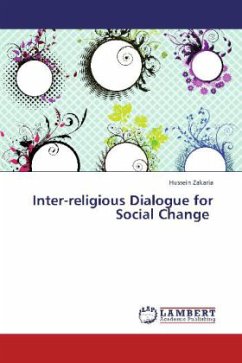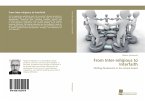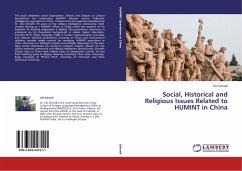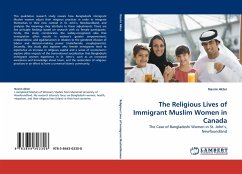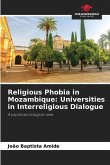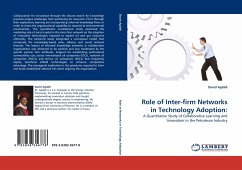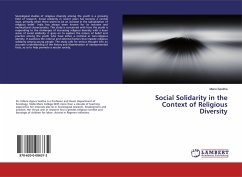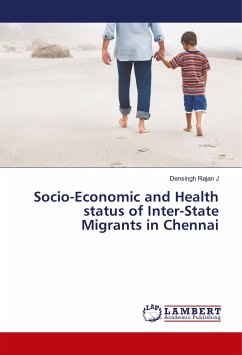The people of the world may differ in every ways: colour, culture, religion etc but as humanity we have the duty to create a common world to live together, work together and make a progress despite the differences.. (Zakaria,2002). This study seeks to find out the extent to which religious bodies can work together to bring about desirable social change through inter-faith dialogue and cooperation among the three major religions in Africa i.e. Islam, Christianity and Traditional religion. The purpose of such investigation is to explore the possibility of facilitating cooperation across religious lines around issues of common concern, rather than simply acknowledging the difficulty of doing so on ground of perceived or real non-negotiability of religions. The study assumed that there is some basic form of dialogue, dialogue of life, that can be developed for the purpose of enhancing social development and that relevant situation factors for coalition building exist among faith-based organisations (FBOs)that can also be exploited. The study was situated within the theoretical frame of religion and social change from the perspectives of Marx and Weber.
Bitte wählen Sie Ihr Anliegen aus.
Rechnungen
Retourenschein anfordern
Bestellstatus
Storno

